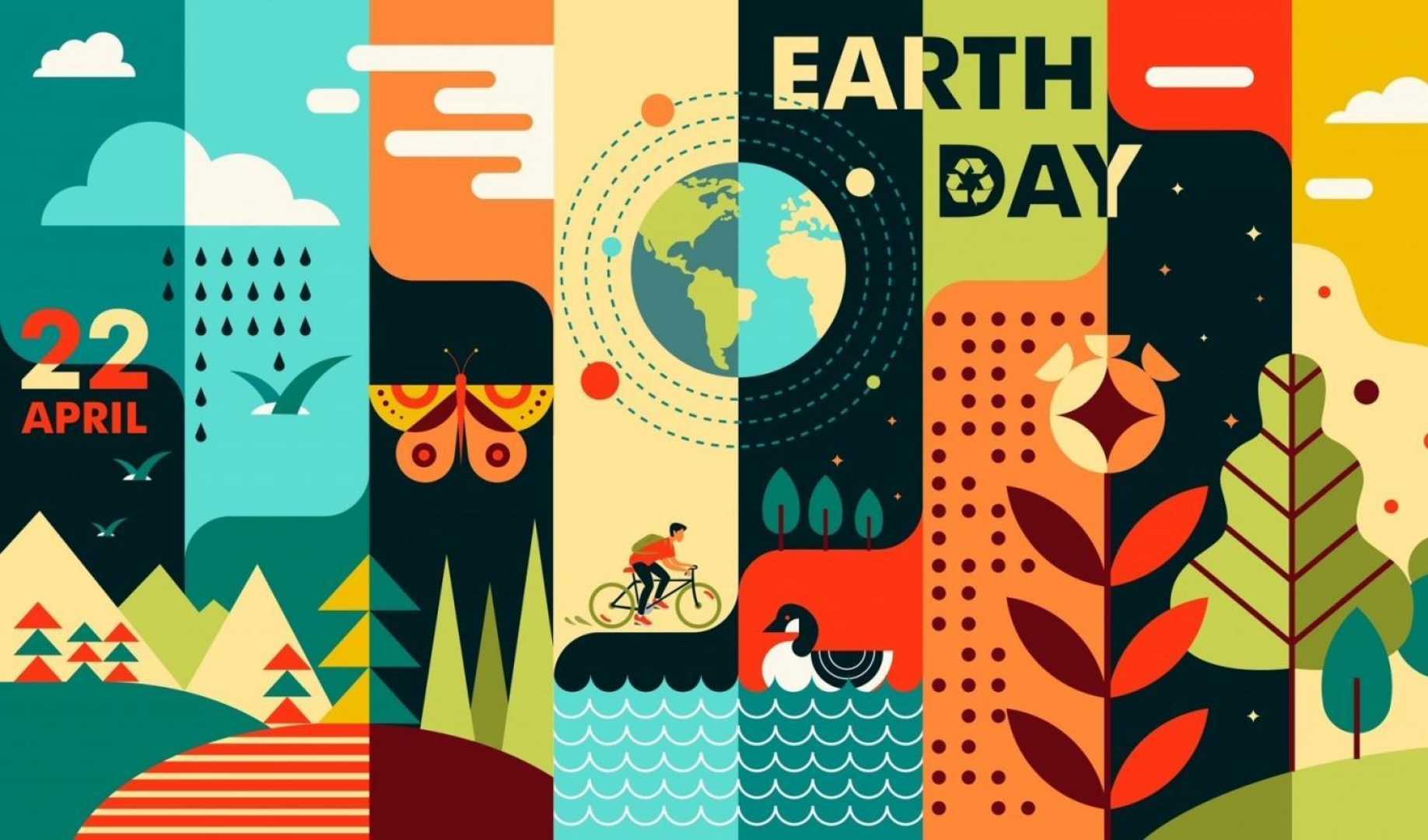News
Earth Day 2025: Celebrating Milestones and Inspiring Change

WASHINGTON, D.C. — As Earth Day approaches on April 22, 2025, communities around the globe are preparing to commemorate the occasion with various events and discussions focused on environmental protection and sustainability. This year marks the 55th anniversary of Earth Day, which was first celebrated in 1970, and its significance is amplified by key international events aimed at tackling climate change.
Earth Day has evolved into the largest grassroots environmental celebration worldwide, drawing millions of participants annually. The 2025 theme, “Our Power, Our Planet,” aims to inspire action towards tripling global renewable energy generation by 2030. Organizers advocate for solutions that utilize solar, wind, hydroelectric, tidal, and geothermal technologies to create clean energy while highlighting the direct benefits for health and economies.
The roots of Earth Day trace back to the environmental awakening sparked by Rachel Carson‘s groundbreaking book, Silent Spring, published in 1962. Carson’s exploration of the dangers of pesticides encouraged a movement towards greater environmental awareness and legislative reforms. Following her work and various environmental disasters, U.S. Senator Gaylord Nelson initiated the first Earth Day in 1970 to mobilize public support for environmental protection.
“The impact of that first Earth Day was monumental, sparking a national conversation around pollution and ecology that ultimately led to the establishment of the Environmental Protection Agency (EPA) and landmark legislation like the Clean Air Act and the Clean Water Act,” said Earth Day Network President Kathleen Rogers.
As Earth Day continues to grow, particularly in 2025, both environmental activists and ordinary citizens will participate in initiatives including planting 550,000 trees through The Canopy Project and removing 7.5 million pounds of rubbish during The Great Global Cleanup. Additionally, 1 million schools are expected to integrate climate education into their curricula.
However, despite the focus on climate change solutions, advocates emphasize the importance of protecting animal species, which play crucial roles in maintaining the balance of ecosystems. Wildlife conservation efforts, such as protecting whales and elephants, are vital in the fight against climate change.
As Earth Day aligns with significant policy discussions, particularly COP30 in Belém, Brazil, in November 2025, global leaders will gather to assess climate commitments and actions. This COP marks a pivotal opportunity for nations to strengthen environmental policies focusing on nature, particularly within the Amazon region. The international conference underscores the interconnectedness of climate action and animal conservation efforts.
Similarly, the UN Oceans Conference in Nice, France, in June 2025 aims to address challenges affecting marine environments, advocating for the protection of oceanic areas beyond national jurisdiction.
“Earth Day is a reminder that individual actions can lead to collective change,” said IFAW CEO Azzedine Downes. “Whether by supporting local wildlife initiatives or participating in global environmental campaigns, every small effort counts.”
Various organizations, including the International Fund for Animal Welfare (IFAW), are promoting ongoing campaigns focused on preventing species extinction and protecting biodiversity. These initiatives emphasize the need for collaboration between individuals and communities to address climate issues at all levels.
In the past year, significant progress has been made in the U.S., including substantial increases in solar energy and strategic conservation successes, like the revival of the black-footed ferret population. These achievements demonstrate the potential for environmental recovery through dedicated action.
As Earth Day 2025 approaches, individuals are encouraged to engage in local events, share educational resources on social media, and advocate for legislative action to protect the environment. With global cooperation and grassroots activities, Earth Day serves as both a celebration of accomplishments and a call to action for future sustainability.












